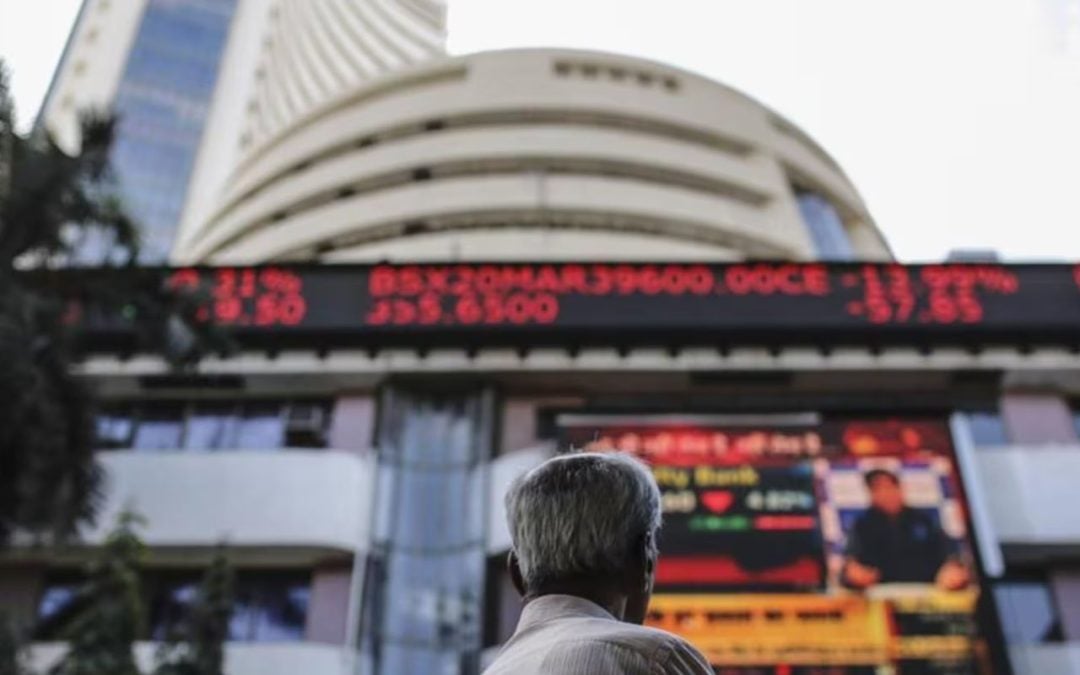Introduction: In 2024, the Indian stock market reached unprecedented peaks, prompting significant divestments by company promoters and institutional investors through block deals and bulk trades.
This trend extends beyond promoters, with institutional investors such as mutual funds and foreign portfolio investors actively adjusting their holdings in certain stocks to realize gains and rebalance their portfolios.
Market Update: During the trading session on June 27, the Indian indices achieved historic milestones. The Nifty 50 surged to 24,137.50 points, marking a 0.40% increase, while the S&P BSE Sensex peaked at 79,546.19, reflecting a gain of 0.35%.
This week, the Nifty index surged by 400 points, with the Sensex also seeing a gain of 1520 points. Key contributors to this surge towards an all-time high were HDFC Bank with a significant contribution of 66.2%, followed by ICICI Bank at 44.2%, Axis Bank at 27.9%, Reliance Industries at 19.2%, and L&T at 15%.
Analysis: According to a report by Business Standard, in March, 462 promoters reported a decrease in their shareholdings, marking the highest reduction in at least 12 quarters. This represents approximately 15 percent of the sample.
Conversely, in 289 companies, promoters have increased their stakes in March this year. The analysis covered 3,086 listed companies with data spanning the past 13 quarters, revealing that the number of companies where promoters have reduced their stake is the highest since at least June 2021.
Since the June quarter of 2021, the number of company promoters selling stake has risen from 312 to 462 by the March quarter of 2024.
Valuation: Currently, the Nifty 50 index is trading at a lower P/E ratio of 22.6, contrasting with the Dow Jones Industrial Average’s higher ratio of 27.16 for NYSE-listed stocks, and the S&P 500 Index at 24.01.
Several Indian companies are trading premium valuations. For example, Whirlpool India trades at a forward P/E multiple of 63, far surpassing its parent company’s 6.6 times. Promoters appear to be leveraging these elevated valuations to unlock value.
Furthermore, some promoters, like Vedanta Resources, are divesting stake to reduce debt at the parent company level. In other instances, divesting the stake is driven by regulatory obligations such as meeting minimum public shareholding norms.
Written by Omkar Chitnis
Disclaimer

The views and investment tips expressed by investment experts/broking houses/rating agencies on tradebrains.in are their own, and not that of the website or its management. Investing in equities poses a risk of financial losses. Investors must therefore exercise due caution while investing or trading in stocks. Dailyraven Technologies or the author are not liable for any losses caused as a result of the decision based on this article. Please consult your investment advisor before investing.





